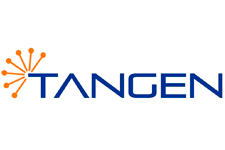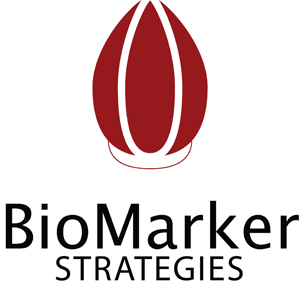Abalone Bio
Abalone Bio finds Bioactive Antibodies that are activators and modulators, as well as negative regulators, combining engineered living cells and data-driven computation to identify antibodies that functionally modulate the GPCR target – including activators.
Pre-clinical pipeline targeting broad range of diseases including immuno-oncology, liver fibrosis, IBD, Crohn’s ulcerative colitis, and influenza.
Proprietary antibody discovery platform, first program is an agonistic antibody for GPCR targets.
Vincere Biosciences
Vincere Bioscience’s cutting-edge research focuses on the vital role of mitophagy in both Parkinson’s disease and the aging process. By addressing deficient mitophagy, they usher in a new era of groundbreaking treatments. Their innovative pipeline consists of small molecules designed to boost mitophagy, with the potential to become the first-ever medicines capable of slowing or stopping Parkinson’s disease and other age-related conditions.
FreeMind Group Direct Investments Portfolio
Utilizing the FreeMind Group platform, the following direct investments were made
Thetis Pharmaceuticals
Thetis is a clinical stage biopharmaceutical company developing a first-in-class, oral Resolvin E1 drug (TP-317) for treating mild-to-moderate inflammatory bowel disease (IBD) and solid tumors. Resolvin E1 (RvE1) is an agonist of ChemR23, a GPCR expressed on myeloid cells and lymphocytes, that promotes innate and adaptive immunity to restore immune homeostasis.
Based on clinical safety data with oral RvE1, TP-317 is anticipated to be safe and well tolerated. As an oral small molecule agonist of ChemR23, TP-317 offers a superior product profile compared to injectable biologics targeting the same receptor.
A Phase 1 study in healthy volunteers will be completed in 2024. Patient studies in mild-to-moderate IBD and solid tumor cancers are planned for 2025.
Renalis Health
Renalis Develops FDA-Cleared Prescription Digital Therapeutics For The Treatment Of Pelvic Health Disorders. Prescription Digital Therapeutics (PDTs) are software applications that deliver evidence-based therapeutic interventions to patients under the care of a clinician to prevent or treat a medical disorder or disease. PDTs are developed under the same rigorous conditions as pharmaceuticals, complete with clinical trials, FDA clearance, and available only with a clinician’s prescription.
Tangen Biosciences
Tangen Biosciences, Inc. was founded in 2013 and is located in Branford, Connecticut. The company developed the TangenDx™ platform for fast and accurate detection of targeted DNAs and RNAs directly from specimens by using rotary rapid isothermal nucleic acid detection. The Tangen system consists of the TangenDx™ disc and the GeneSpark™ instrument, an automated amplification device. The TangenDx™ platform, which does not require laboratory facilities, is expected to deliver faster, simpler, more sensitive detection at a lower cost than other commercial technologies. Current tests in development include COVID-19, Candida auris, sepsis causing bacterial panel, antibiotic resistance genes, and a fungal blood panel. The system can process samples from whole blood, sputum, skin swabs, nasopharyngeal swabs, etc. The TangenDx FluA/B, RSV, and SARS-CoV-2 Panel assay planned to be released by the upcoming fall season.
BioKier
BioKier is a clinical-stage company developing oral products for the management of lipids and glucose that can be commercialized via 505(b)2 NDA path. These products are designed to mimic bariatric-metabolic surgery which is known to resolve diabetes and improve cardiometabolic health. Completed clinical trials show that BioKier’s approach improves gut hormone secretion and regulation of glucose and lipids.
BioMarker Strategies
BioMarker Strategies has developed the proprietary and recently patented SnapPath® Cancer Diagnostics System for predictive tests to guide targeted drug development and treatment selection for patients with solid tumor malignancies. Our mission is to make personalized medicine more of a reality for these patients.
SnapPath® is unique in automating and standardizing functional ex vivo profiling to capture the dynamic and predictive signaling information available only from live solid tumor cells.
Our PathMAP® Functional Signaling Profiles, created using the SnapPath® system, represent a new class of biomarker tests that are highly predictive of individual response to targeted treatments for solid tumors, because they are based on information available only from live cells.
Our business development efforts are directed toward entering into funded collaborations with companies developing targeted therapies for patients with solid tumors.
The capabilities of SnapPath® and the Functional Profiles it enables are available for Research Use in preclinical studies in tumorgraft and other model systems, and in early clinical studies to assess pharmacodynamic changes in the solid tumors of individual patients.







